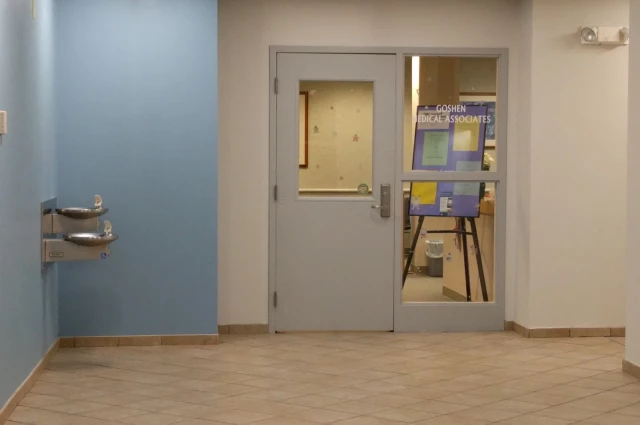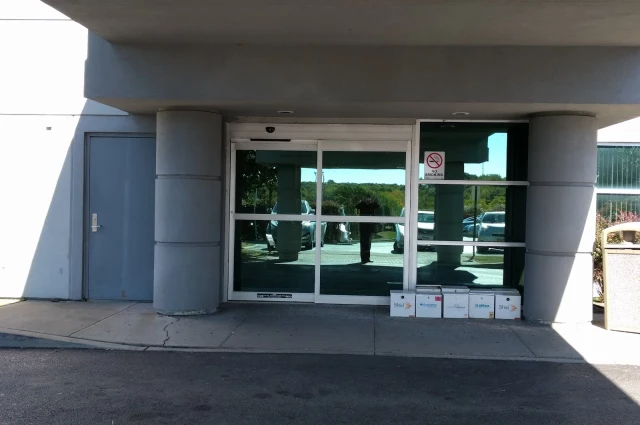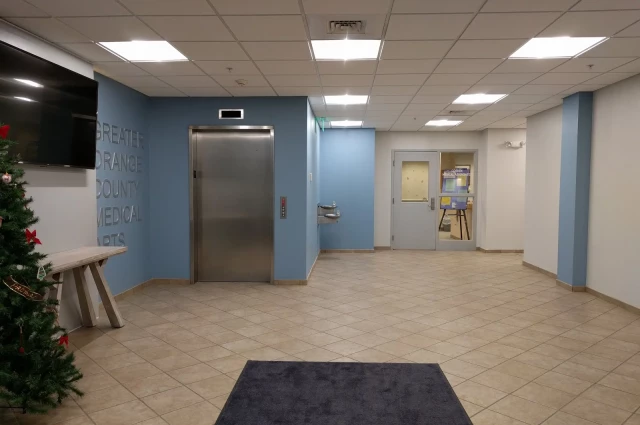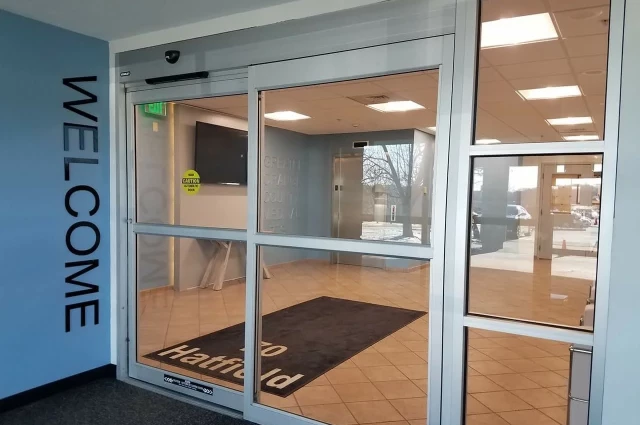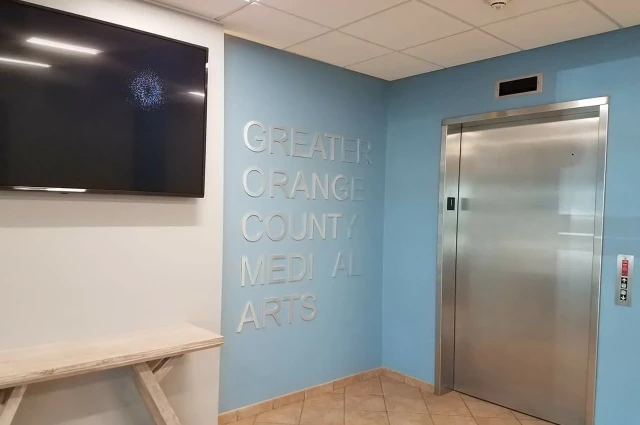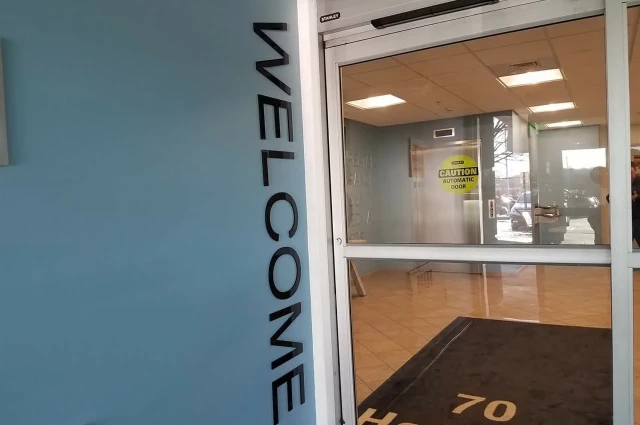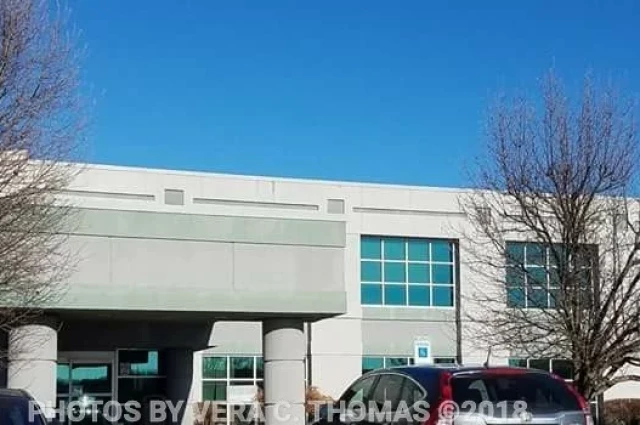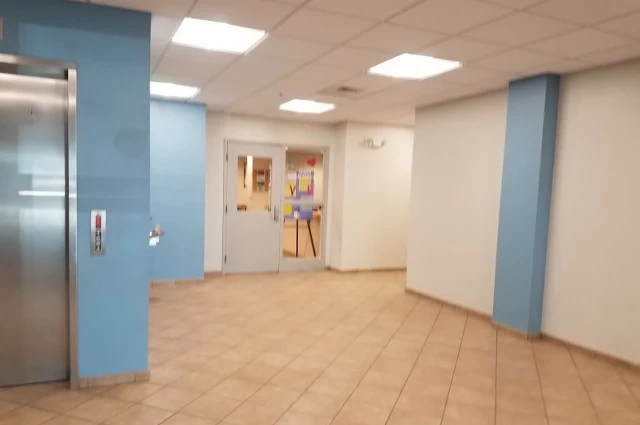Goshen Clinic - Outpatient Information
Treatment
Who We Treat
- Teens / Adolescents
- Young Adults (18–25)
- Adults
- Seniors/Older Adults
- Adolescents
- Older Adults
- Male and Female
Approaches
- 12-Step-Based
- Twelve Step
- Family Therapy
- Group Therapy
- Cognitive Behavioral Therapy (CBT)
- 1-on-1 Counseling
- Online Therapy
- Life Skills Training
- Relapse Prevention Counseling
Conditions We Treat
- Trauma
- Gambling
- Anger
- Co-Occurring Disorders
Substances We Treat
- Chronic Relapse
Languages
- English
Aftercare
- Outpatient Treatment
- Recovery Coach
- Continuing Care
- Support Meetings
Level of Care
- Outpatient
- Co-Occurring Mental Health
- Aftercare/Continuing Care
Experience
Smoking and Vaping Policy
- Smoking Allowed in Designated Areas
- Vaping Allowed in Designated Areas
Accreditations
-
SAMHSA certification for opioid treatment program (OTP)
Accreditation by the Substance Abuse and Mental Health Services Administration (SAMHSA) for Opioid Treatment Programs (OTPs) signifies that a program has met strict standards for providing high-quality care to individuals with opioid use disorders. It assures patients, families, and communities that the OTP follows evidence-based practices, employs qualified staff and maintains a safe and effective treatment environment. This accreditation reflects the program's commitment to addressing the opioid epidemic and promoting recovery.
-
State department of health
Government agencies issue State Licenses, granting rehabilitation organizations permission to operate their businesses legally within specific geographic regions. The licenses needed for legal operation are typically determined by the type of rehabilitation program offered by a facility and its physical location.

Goshen Clinic - Outpatient Accepts The Following Insurance Plans
Find the best treatment options. Call our free and confidential helpline today!
